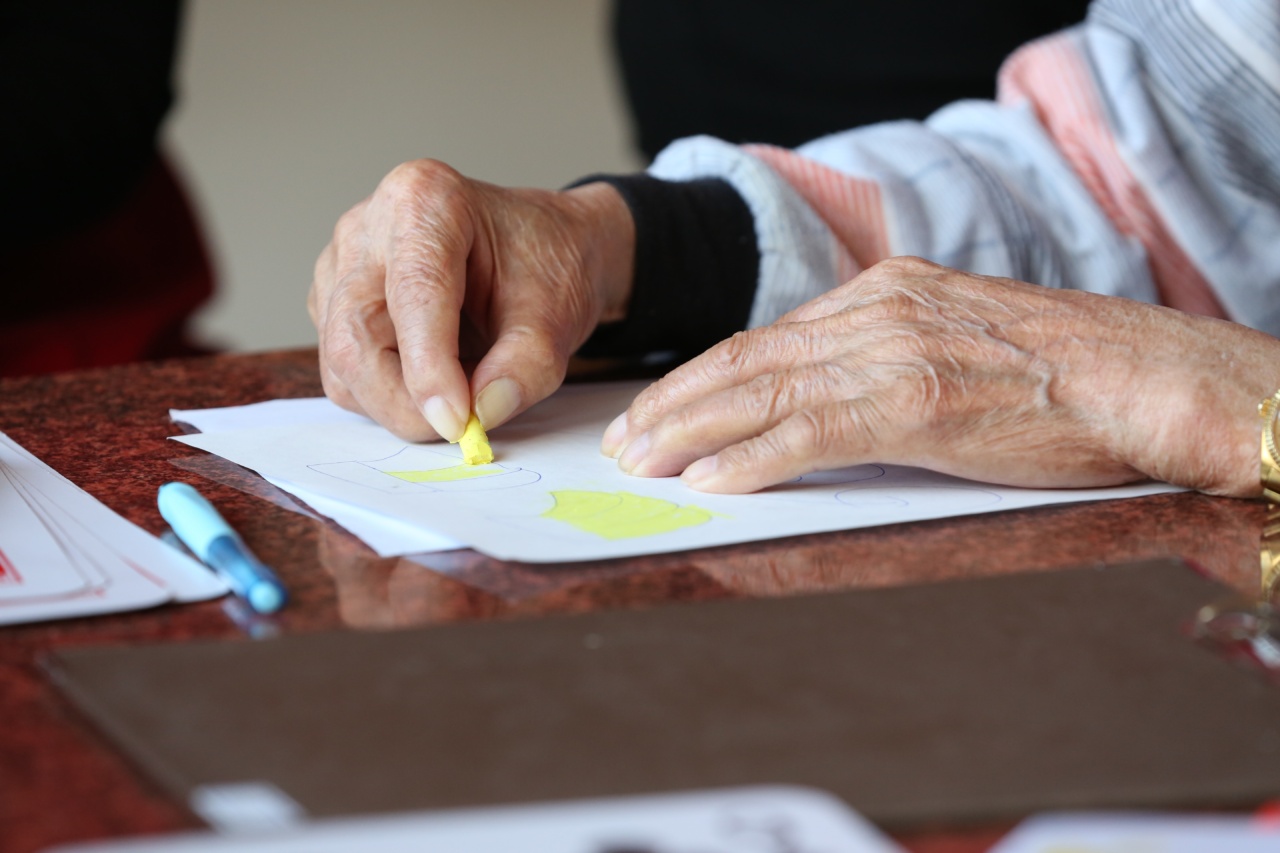Rheumatoid arthritis (RA) is a chronic autoimmune disorder mainly affecting the joints. Patients suffering from RA experience inflammation, stiffness, and pain in the joints, which may lead to deformity, reduced mobility, and other complications.
RA patients may also suffer from other health issues that come with the condition, such as fatigue, fever, and inflammation in other body tissues. With the emergence of Kronitovirus, the impact on RA patients’ health and well-being has been a growing concern.
What is Kronitovirus?
Kronitovirus is a newly emerged respiratory virus that is classified as a coronavirus. It is believed to have originated in China and quickly spread to other parts of the world, causing a global pandemic.
Kronitovirus is highly contagious and can spread through respiratory droplets or contact with contaminated surfaces. The virus can cause mild to severe respiratory symptoms, including cough, fever, and difficulty breathing. RA patients are at a higher risk of developing severe symptoms due to their compromised immune systems.
The Impact of Kronitovirus on RA Patients
The impact of Kronitovirus on RA patients can be significant, given their underlying health condition. RA patients are already experiencing inflammation and pain in their joints, making it difficult to carry out everyday activities.
Adding respiratory symptoms can make it even harder to breathe and move. Patients with severe RA may need immunosuppressant medication to manage the condition, causing further vulnerability to the virus.
Kronitovirus can cause a flare-up of RA symptoms, making it even harder for patients to manage their condition. RA patients may also be at higher risk of developing complications from the virus compared to healthy individuals.
Some of these complications include pneumonia, acute respiratory distress syndrome, and multiple organ failure. Studies have shown that the mortality rate for RA patients with Kronitovirus is higher compared to the general population.
Preventative Measures for RA Patients
RA patients must take extra precautions to protect themselves from Kronitovirus. One way to prevent the spread of the virus is by practicing good hand hygiene.
Patients should frequently wash their hands with soap and water or use an alcohol-based hand sanitizer. It is also essential to avoid close contact with individuals who are sick or have symptoms of the virus.
RA patients should also wear a mask when in public or around individuals who are not part of their immediate household. The mask can help prevent the spread of respiratory droplets, reducing the risk of infection.
Patients should also practice social distancing, keeping at least six feet away from others to prevent the spread of the virus.
Continuing Treatment
RA patients must continue their treatment even during the Kronitovirus pandemic. Some patients may have to switch to telemedicine appointments to avoid unnecessary exposure to the virus.
Patients should talk to their healthcare providers about the best way to manage their condition during these challenging times.
It is also essential to maintain a healthy lifestyle, including a balanced diet and regular exercise. Exercise can help reduce inflammation and stiffness in the joints, improving overall health.
It is also crucial to get enough sleep, reduce stress, and avoid smoking and alcohol consumption.
Conclusion
Kronitovirus has affected people worldwide, causing a significant health and economic impact. For RA patients, the impact can be even more severe, given their immune-compromised state.
However, by taking preventive measures, continuing treatment, and adopting a healthy lifestyle, RA patients can reduce their risk of infection and manage their condition effectively. It is crucial to follow the guidelines provided by healthcare providers and public health authorities to reduce the spread of the virus.





























